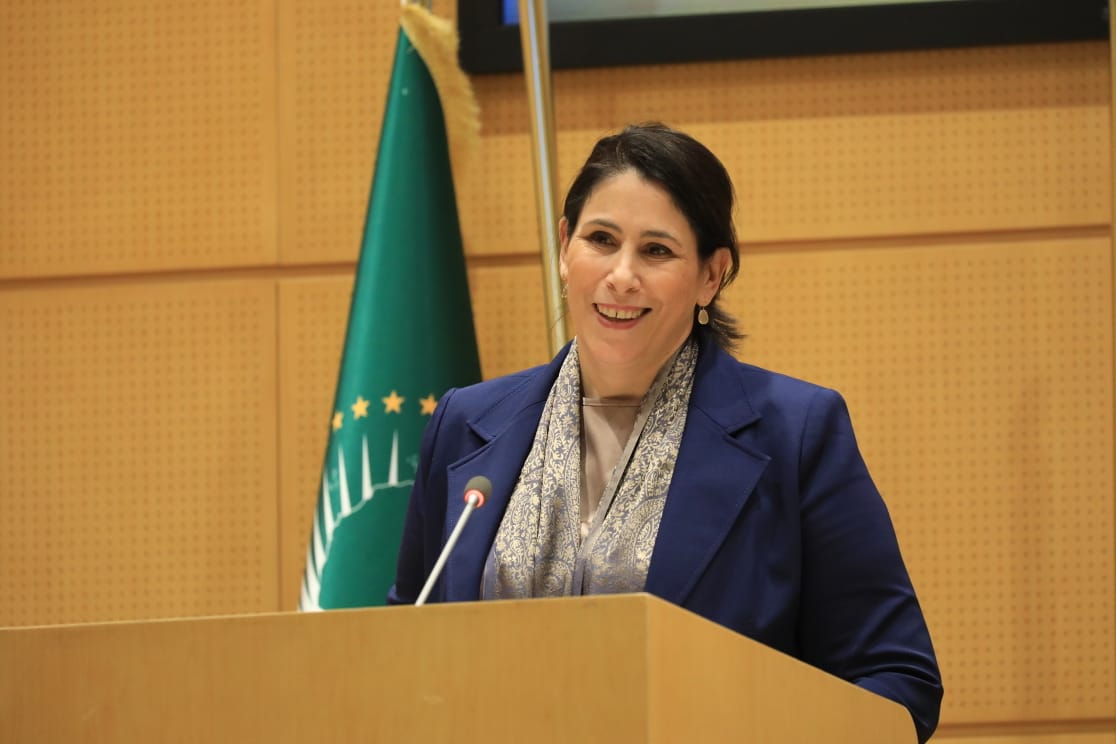
Researchers launch new soybean varieties
In 2024, Kenya imported cooking oil worth Sh117 billion.
Dubbed the African Think Tank Project, the program aims to strengthen Africa’s policy research ecosystem.
In Summary

The African Union Commission (AUC) has launched a landmark US$50 million (approximately
7 billion) initiative to fund transformative policy research across the
continent.
AUC is working in partnership with the African Capacity Building Foundation
(ACBF) and the African Union Development Agency (AUDA-NEPAD),
Dubbed the African
Think Tank Project, the five-year program is supported by the World
Bank and aims to strengthen Africa’s policy research ecosystem.
It will provide funding to African think tanks, research institutions, and
policy centers to drive evidence-based policymaking on priority themes.
Target themes include economic transformation, governance, climate change,
regional trade, food security, digitalisation and human capital.
“This is not just a project,” AUC Deputy
Chairperson Ambassador Selma Haddadi
said during the launch in Addis Ababa.
“It is a long-term asset for building Africa’s capacity to define, assess,
and advance its own development priorities.”
Haddadi underscored the alignment of the
initiative with Africa’s Agenda 2063, the Sustainable Development Goals (SDGs),
and World Bank strategies.
She called on African Union Member States to create enabling environments
for policy research, including long-term funding and stronger links between
data producers and decision-makers.
The initiative invites African policy
institutions to submit high-quality proposals focused on at least four of the
six regional priority themes identified under the project.
Proposals are expected to generate locally relevant, evidence-based analysis
and offer actionable recommendations.
Abdrahmane
Dicko, ACBF’s Director of Programs and Impact, described the grant
opportunity as a moment for Africa’s think tanks to take the lead in shaping
solutions to the continent’s most pressing challenges.
“We gather not just as institutions, but as
architects of Africa’s renaissance,” Dicko said, encouraging broad
participation from the continent’s policy community.
The World Bank’s Lead Economist Samer Al-Samarrai stressed the
importance of investing in think tanks, noting that even modest funding in
policy research can lead to transformative reforms.
“African think tanks are central to the success of regional integration and
inclusive economic growth,” he said.
Africa continues to grapple with complex, cross-border
challenges that require coordinated and informed policy responses.
From climate change and trade integration to food sovereignty and digital
transformation, the need for African-led, data-driven solutions has never been
more urgent.
Faten
Aggad, Deputy Chief of Staff at the AUC, called on consortia to submit
proposals that reflect the depth and complexity of Africa’s policy landscape.
“It is a structural response to a systemic need to elevate African-generated
and African-owned evidence as a cornerstone of policymaking,” Aggad said.
The
African Think Tank Project is focused on building sustainable policymaking
platforms and promoting collaboration among African research and policy
institutions.
It seeks to cement the role of local think tanks as key actors in shaping
the continent’s future through homegrown solutions.

In 2024, Kenya imported cooking oil worth Sh117 billion.